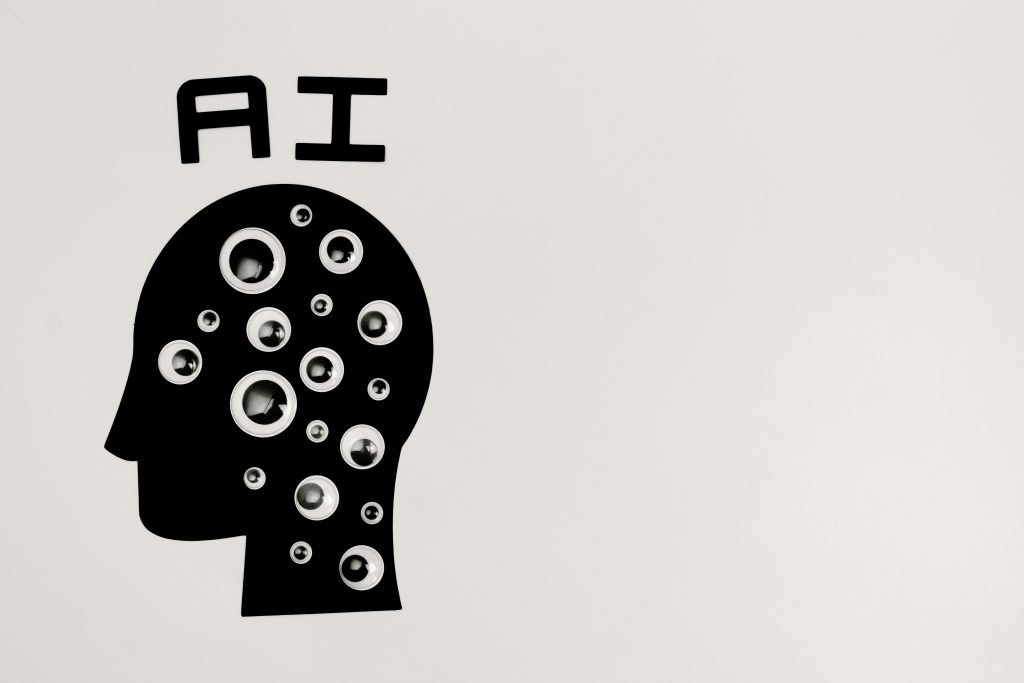Artificial Intelligence (AI) has emerged as a transformative force, revolutionizing industries, enhancing efficiencies, and reshaping the way we live and work. This article explores the profound impact of AI across various sectors, highlighting its benefits, challenges, and implications for the future.

Understanding Artificial Intelligence
Artificial Intelligence refers to the simulation of human intelligence in machines that are programmed to think and learn like humans. AI technologies encompass machine learning, natural language processing, computer vision, and robotics, enabling systems to perform tasks that typically require human intelligence.
1. AI in Business and Industry
AI is driving innovation and efficiency across diverse industries:
- Automation and Efficiency: In manufacturing and logistics, AI-powered robots and automated systems streamline production processes, reduce errors, and enhance operational efficiency.
- Data Analysis and Decision-Making: AI algorithms analyze vast amounts of data to uncover patterns, trends, and insights, empowering businesses to make data-driven decisions in real-time.
- Customer Service and Personalization: AI-driven chatbots and virtual assistants provide instant customer support, personalize interactions, and improve overall customer experience.
2. AI in Healthcare
In healthcare, AI is revolutionizing diagnostics, treatment, and patient care:
- Medical Imaging and Diagnosis: AI-powered algorithms analyze medical images such as MRIs and CT scans with high accuracy, aiding in early detection of diseases and conditions.
- Drug Discovery and Development: AI accelerates the drug discovery process by predicting molecular interactions and identifying potential drug candidates, reducing time and costs.
- Personalized Medicine: AI analyzes patient data to tailor treatment plans and predict outcomes based on individual genetic, lifestyle, and environmental factors.

3. AI in Education
AI technologies are transforming the education landscape:
- Personalized Learning: AI-powered platforms adapt learning materials and pace based on individual student progress, enhancing engagement and knowledge retention.
- Administrative Efficiency: AI automates administrative tasks such as grading, scheduling, and student enrollment, allowing educators to focus more on teaching.
- Virtual Reality and Simulation: AI-enhanced virtual reality (VR) and simulation tools create immersive learning experiences, enabling students to practice complex skills in a safe and controlled environment.
4. AI in Finance
In the financial sector, AI is optimizing operations and risk management:
- Algorithmic Trading: AI algorithms analyze market trends and data in real-time to make trading decisions, improving trading efficiency and profitability.
- Fraud Detection: AI models detect fraudulent activities by analyzing transaction patterns and identifying anomalies, enhancing security and reducing financial losses.
- Customer Insights and Personal Finance: AI-powered analytics provide personalized financial advice, manage portfolios, and predict customer behavior, improving financial planning and decision-making.
Challenges and Considerations
Despite its benefits, AI poses challenges:
- Ethical Concerns: Issues surrounding AI ethics, bias in algorithms, and data privacy regulations require careful consideration and regulation.
- Workforce Displacement: Automation driven by AI may lead to job displacement in certain industries, necessitating reskilling and workforce adaptation.
- Security Risks: AI systems are susceptible to cybersecurity threats, requiring robust security measures to protect data and systems from malicious attacks.

Future Trends
Looking ahead, AI continues to evolve:
- Advancements in AI Research: Continued research in AI algorithms, quantum computing, and neural networks will unlock new capabilities and applications.
- Integration with Emerging Technologies: AI will integrate with IoT (Internet of Things), blockchain, and 5G technology, creating interconnected and intelligent ecosystems.
Conclusion
In conclusion, Artificial Intelligence is a transformative technology with far-reaching implications across industries and society. While unlocking unprecedented opportunities for innovation and efficiency, AI also poses challenges that require thoughtful regulation and ethical considerations. Embracing AI responsibly and collaboratively will pave the way for a future where intelligent systems enhance human capabilities and improve quality of life globally.